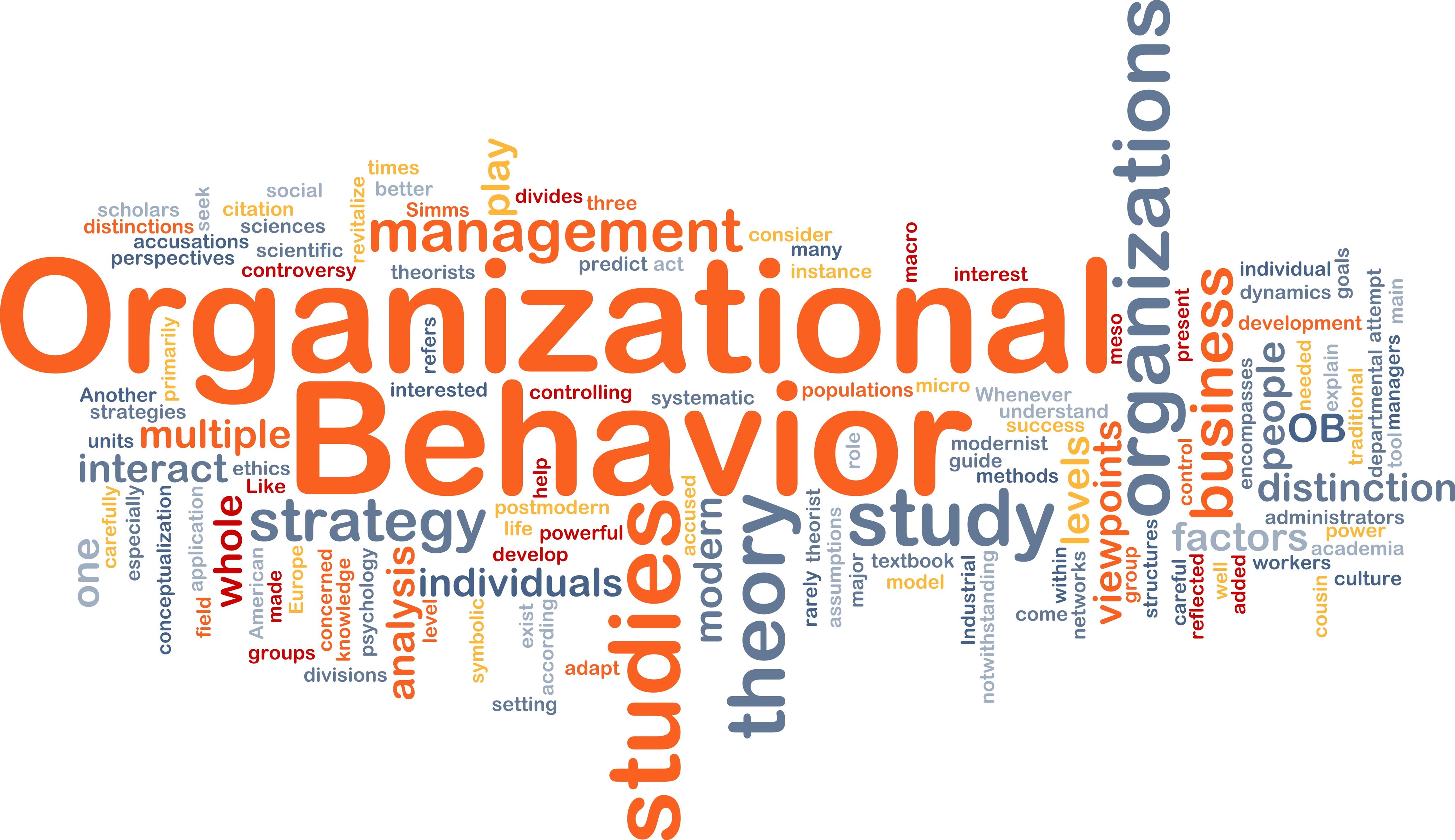The difference in behavior between the way an employee treats the customer and an employee interacts with team members can be vastly different. They may display the utmost courtesy in customer service, the friendliness you wish for, the radiating and beautiful smile, the “Yes I Can” attitude, and so on… only to later step out of this role and leave all the courtesy and friendliness behind as they turn their attention to their colleagues. You see it, or rather don’t see it, in the way they treat the tea boy or another colleague, or in the way they behave generally once they’re out of their job setting.
That’s what I like to call a timed behavior, or a “good behavior with expiration”. But, can you call this true customer service? Definitely not! If a behavior is not consistent, it’s not genuine, and if it’s not genuine, it’s not customer service. A true skill is one that is consistent regardless of the environment; one that is not just borrowed for the occasion.
True customer service is genuine when it’s done all the time, with all people. After all, aren’t we each other’s customers in life? Should money be involved every time we want to give or receive good customer service? Not necessarily.
So why does this inconsistency of behaviors exist for the same person in different environments?
I like to refer the reason for this to the mismatch between the elements of the trio that define us; the “knowing, doing, and being “. People are practically evaluated by what they “know”, what they “do”, and who they “are”. There is a strong relationship among the three, and any weakness in the relationship of at least in two of these factors will be reflected in the character of the person. A person who’s acting or pretending to be someone he’s not is an example of a mismatch between the doing and the being, hence the fakeness of the character. A person who is doing something he knows he doesn’t believe in is an example of a mismatch between the knowing, being and the doing, hence the lack of integrity and authenticity within that character. We see it clearly when people do not “live” what they do. Doing without being is like someone practicing a particular faith through the rituals of the faith, without really “being” the faith.
The bigger the gaps among the three elements of “knowing, doing, and being“ are, the bigger and more serious the problems will be. Consequently, the more they overlap, the more genuineness and consistency there is within a person’s character.
A very common gap most of us experience is the gap between what we know and what we do. Why don’t we regularly “do” what we “know” we should do?
I believe there is a strong dependency among these three elements. The strongest among which is the “being”. For example, we all know how important it is to eat right, do the right thing, exercise regularly, etc… And when we do them, why are they sometimes just short-term lived behaviors? Why do we give up on them before they get to become habits?
That’s because we lack mostly the “being”. Love and passion make the “being”, and persistence sustains it. Unless we “are” who we want to be, and “be” it in what we do, our character won’t be complete.

